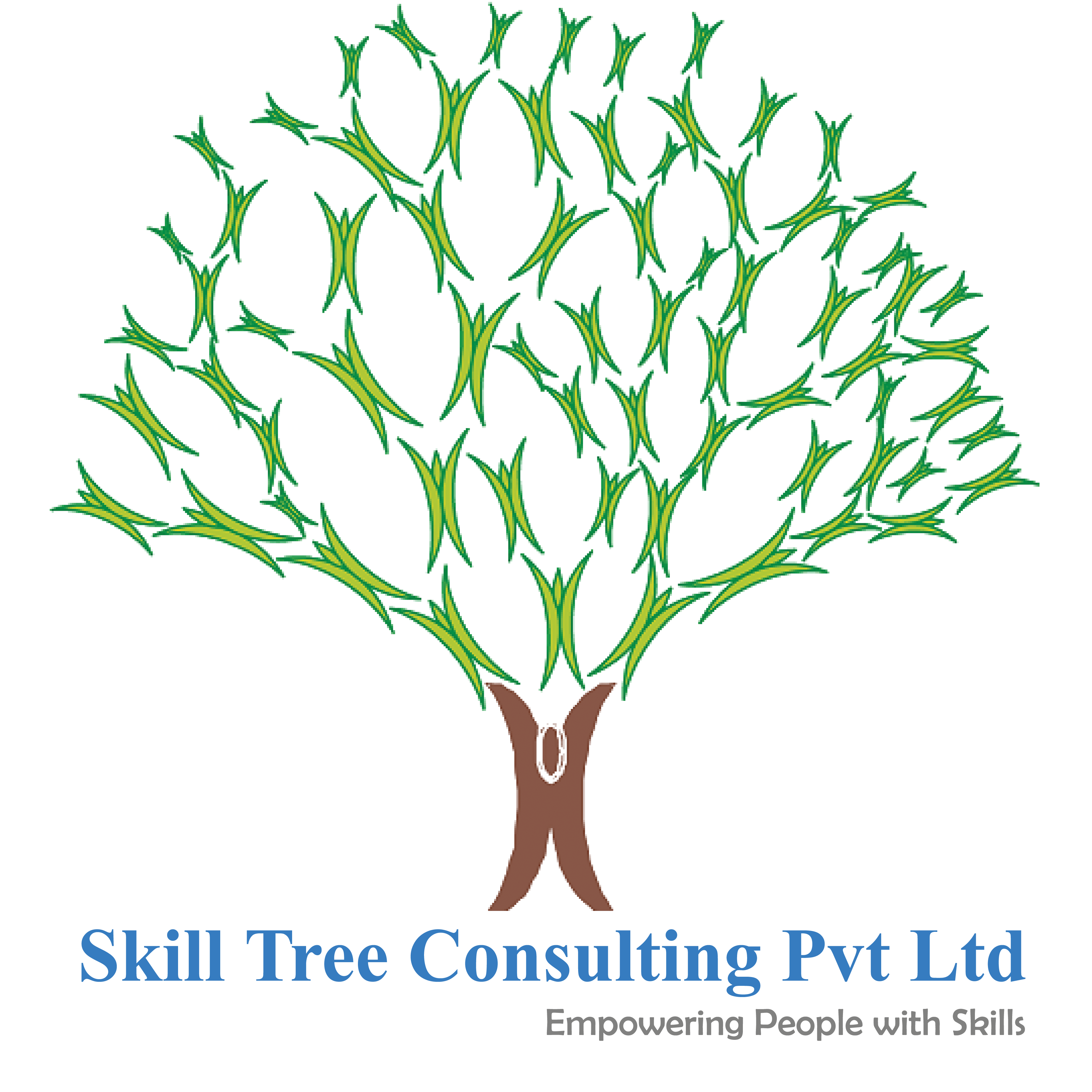Skill Tree
Capacity Building and Promotion of Micro-Entrepreneurship in Healthcare Sector


CURRENT IMPACT
As on January 2024
2600+
Candidates trained
2200+
Candidates Employed
14
Tele-Health Clinics established
276k+
Indirect beneficiaries per month

Geographical Focus
- PAN India with a special focus on Maharashtra

Anil Dahiya Chief Operating Officer, Skill Tree

With support from SAMRIDH, Skill Tree Consulting completed its mission to equip over 2,550 candidates including rural women and tribal youths with the skills needed for employment and entrepreneurship opportunities in the healthcare sector along with enhancing accessibility and affordability of high-quality primary healthcare services for underserved populations. As part of this project, trained individuals got the opportunity to leverage their entrepreneurial skills by establishing their own telehealth centers. SAMRIDH played a crucial role in facilitating access to working capital for these skilled youth through various support mechanisms. With a strong enthusiasm, Skill Tree embarked on its journey as a part of the SAMRIDH ecosystem and is eagerly aspiring to replicate the success of this model on a nationwide level.

Samridh support
With financial support from SAMRIDH, Skill Tree successfully provided skill training to more than 2600 youth from underserved communities in Maharashtra’s Nagpur, Pune, Amravati, Nashik, Aurangabad, and Kolhapur districts. The project targeted youth, especially females and those below the poverty line, inspiring them to consider self-employment and entrepreneurship as viable career options. The training initiative resulted in over 2,200 successful placements, fostering an entrepreneurial culture in the healthcare sector across the designated regions. This cultivated entrepreneurial mindset led to the establishment of 14 Telehealth Centers, collectively serving over 2.76 lakh patients each month, effectively addressing the last-mile supply and delivery gap in basic healthcare.
Only 25 %
Of health infrastructure and resources are available for rural areas where 73% of the population resides [1]
Shortfall of 79.9 %
specialists at the CHCs compared against the existing requirements [2]
Approximately 86 %
Of medical visits in India are from rural areas where 70-80% of the cost is paid out-of-pocket
The healthcare system in India faces significant challenges exacerbated by the COVID-19 pandemic, unveiling the issues of an understaffed and overwhelmed healthcare infrastructure. Despite boasting over a million registered doctors and numerous healthcare institutions, a substantial access gap persists, failing to meet the escalating demands of the growing population. Additionally, a pervasive problem of last-mile access further intensifies the crisis, leading to a significant number of preventable deaths. Bridging the last-mile supply and delivery gap is crucial to ensuring basic healthcare access for all and addressing the dire need for timely medical intervention.
Enhancing healthcare through skill and entrepreneurship training
Skill Tree Consulting aimed to strengthen primary healthcare delivery and capacity building by providing specialized short-term courses to youth and women in rural and remote areas across India. These courses focused on vocational training in crucial areas such as phlebotomy, diet assistance, and telehealth service coordination. Successful course completion was coupled with job placement opportunities at local hospitals or diagnostic chains. Skill Tree further aimed to instill entrepreneurship among the trained individuals by encouraging them to establish telehealth centers in their villages using a door-to-door diagnostic model.
Key Stakeholders


